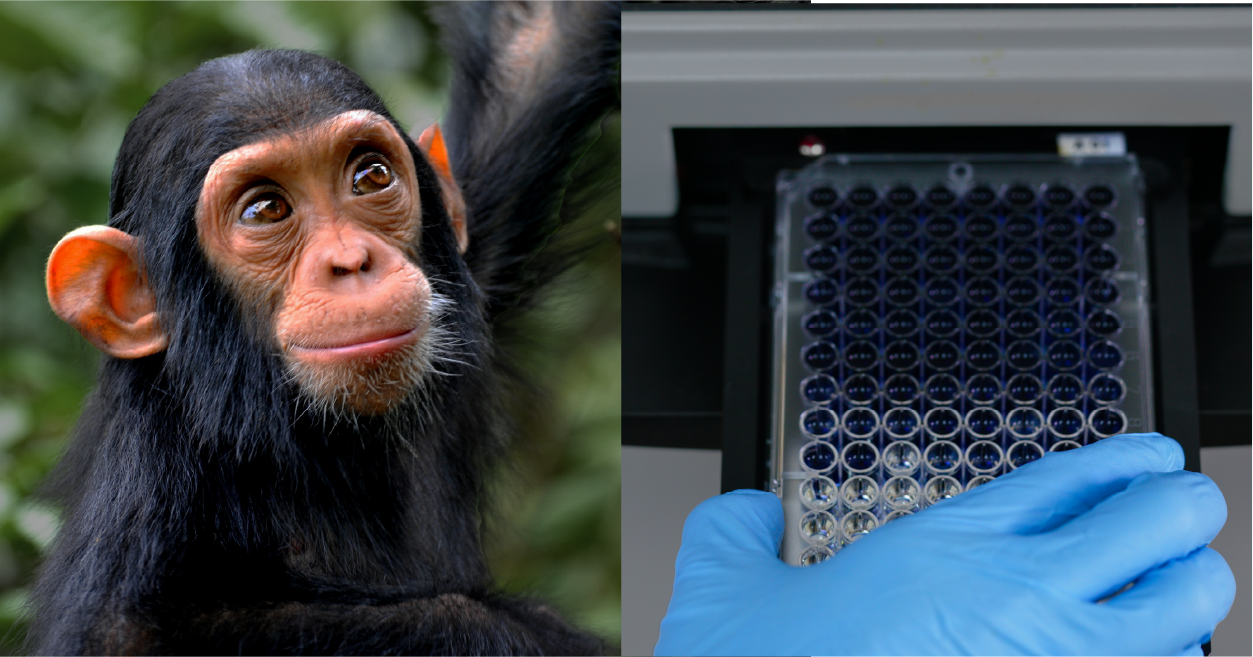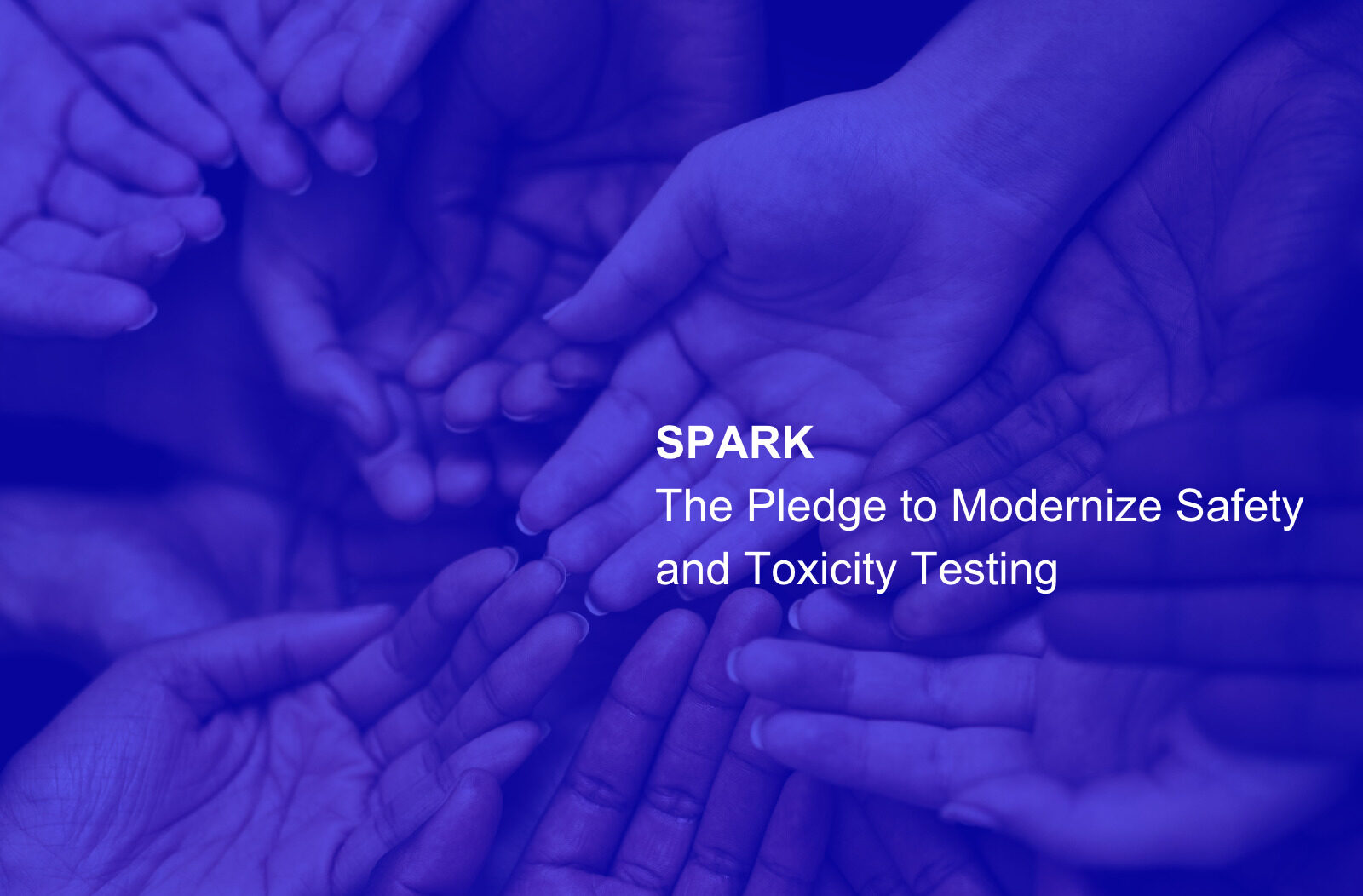The United States Food, Drug & Cosmetic Act is signed into law, requiring some safety substantiation of cosmetic products. This compels companies to begin testing their products on animals.
Good Clean Love is advocating for the use of a 3D human tissue model developed by MatTek as a more relevant alternative to testing women’s personal care products than animals.
Read More










